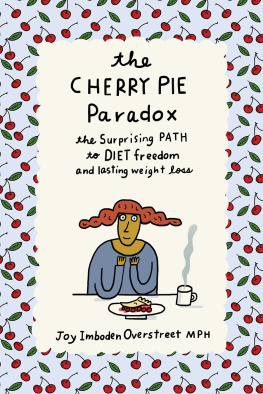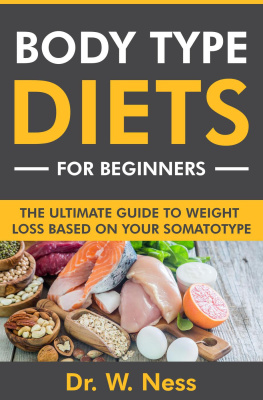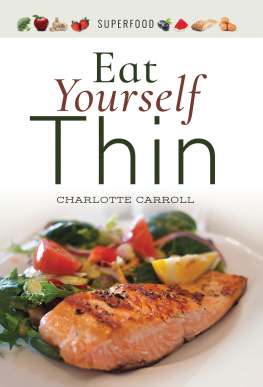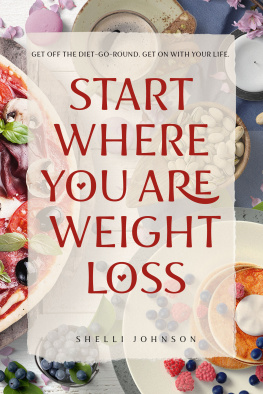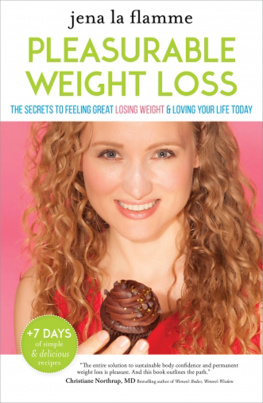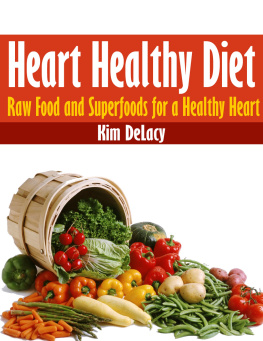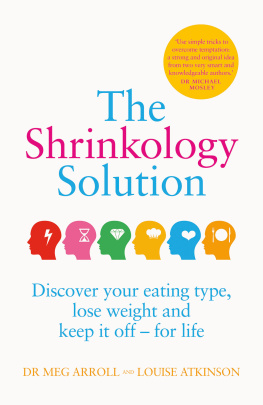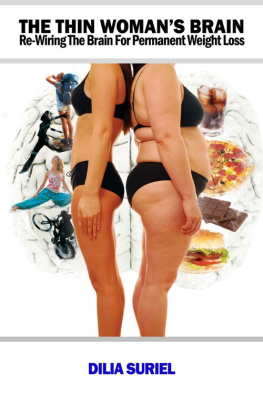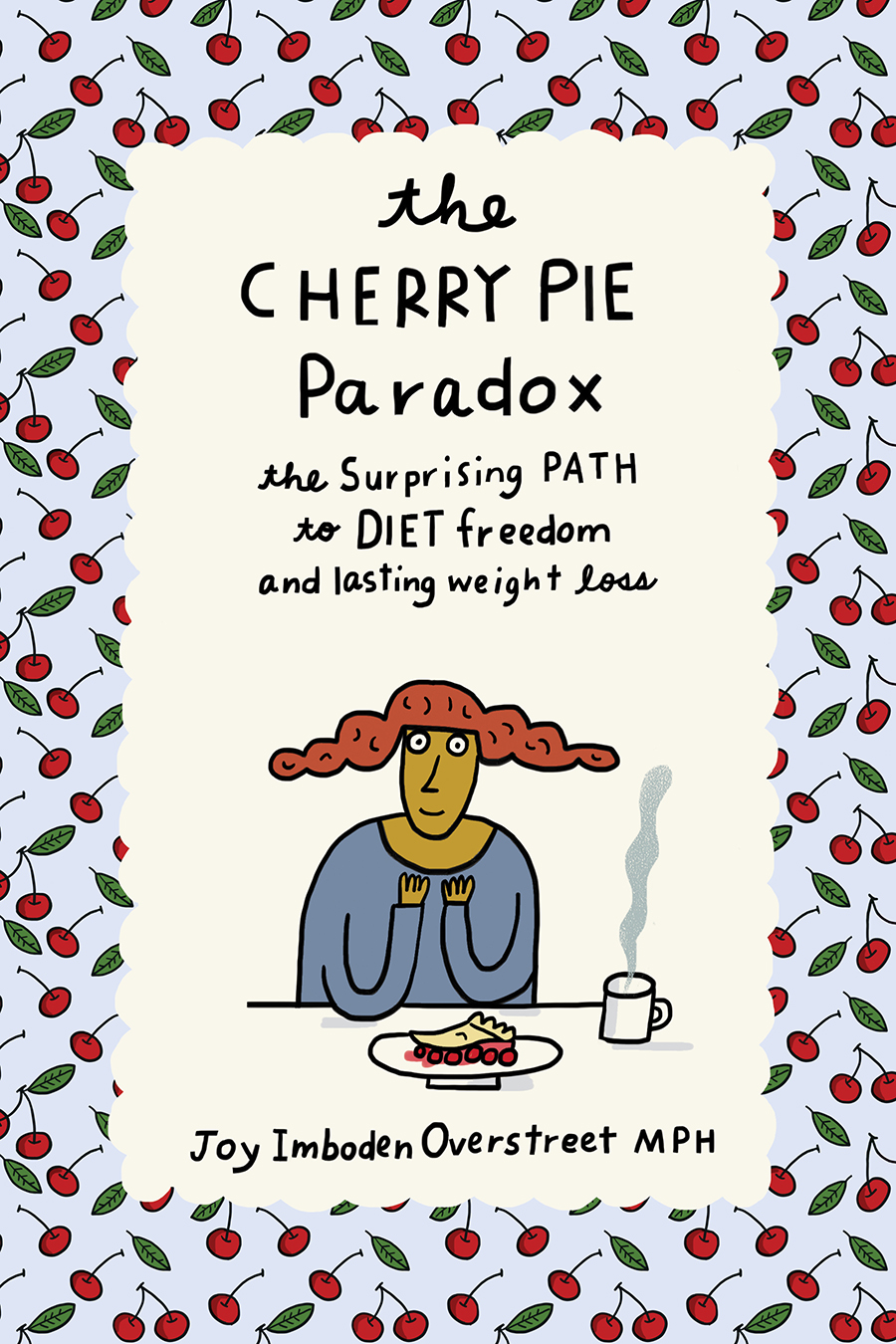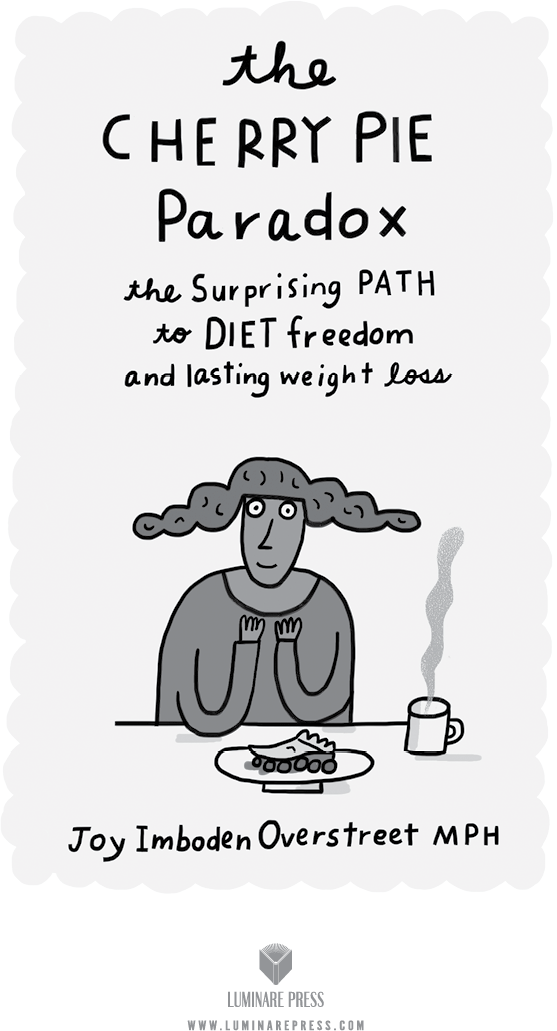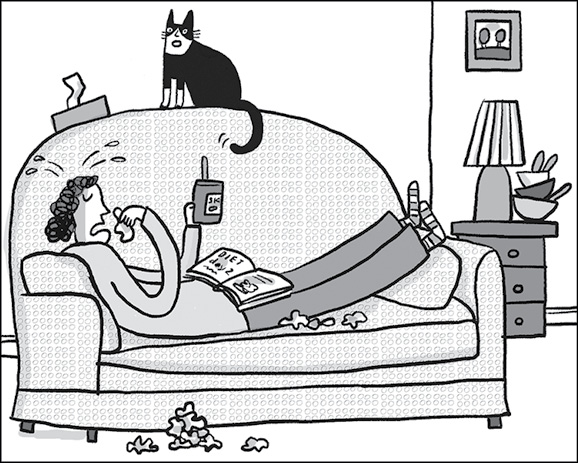The Cherry Pie Paradox:
The Surprising Path to Diet Freedom and Lasting Weight Loss
Copyright 2021 by Joy Imboden Overstreet, MPH
All rights reserved. No part of this publication may be reproduced, distributed or transmitted in any form or by any means, including photocopying, recording, or other electronic or mechanical methods, without the prior written permission of the publisher, except in the case of brief quotations embodied in critical reviews and certain other noncommercial uses permitted by copyright law.
The resources in this book are provided for informational purposes only and
should not be used to replace the specialized training and professional judgment of a healthcare or mental healthcare professional. If you have medical or mental health issues that may be affected by changing your eating practices, please consult a trained professional first. Neither the author nor the publisher can be held responsible for the use of the information provided within this book.
The Cherry Pie Paradox has its foundations in the original Thin Within workshops the author created in Berkeley in 1975. Find more information about her at joyoverstreet.com .
Cover art and illustrations by Kim Murton. More at kimmurton.com .
Production design and interior layout by Claire Flint Last
Printed in the United States of America
Luminare Press
442 Charnelton St.
Eugene, OR 97401
www.luminarepress.com
LCCN: 2021909813
ISBN: 978-1-64388-621-3
To my three children,
Heather Imboden, Ethan Imboden, and Wylie Overstreet,
for decades of unwavering support and laughter.
To Edward, for what you started.
To Werner Erhard, for waking me up.
Table of Contents
Begin taking action now, while being neurotic or imperfect,
or a procrastinator or unhealthy or lazy or any other label by
which you inaccurately describe yourself. Go ahead and be the
best imperfect person you can be and get started on those
things you want to accomplish before you die.
Shma Morita, MD (1874-1938)
Read This First
The Cherry Pie Paradox is not a diet. There are no calories, carbohydrates, or points to count, nothing to measure or weigh, no foods to avoid. Besides, who likes to be told they cant have a piece of freshly baked cherry pie? Thats why we eventually topple off the regime and the weight returns, along with an extra helping of shame.
The perfect diet that permanently resolves your weight problem does not yet exist. If it did, we wouldnt have a multibillion dollar weight-loss industry and more than 70,000 books on the subject. If the perfect diet existed, Americas obesity epidemic would disappear; instead more of us are overweight than ever before. Finally, if the perfect diet existed, you would not have picked up this book.
I believe diets are edible Band-Aids, covering the wound without dealing with whats causing it. Diets are for people who want other people to tell them what they should and shouldnt eatso when the diet doesnt work, its not their fault. Diets are for people who believe food is more powerful than they are, so they don the latest diet as if it were a garlic necklace that could ward off vampiric donuts and killer tater tots. Lots of luck with that.
So what is this book? Its a door to self-discovery, a road map for action to heal the underlying issues that keep the problem in place, and a step-by-step process to help you reach your natural best size.
The Origins of The Cherry Pie Paradox
Half a lifetime ago, I was a self-styled expert on dieting; I was also an expert at cheating on diets and berating myself for my diet failures.
I had been overweight as a teenager. Even after I lost the extra pounds, the emotional scars from that episode and from our fat-shaming culture lingered. I became hypervigilant about my weight and spent the next twenty years tinkering with the latest diets to prevent a relapse.
Then, my husband died of cancer in mid-1974, leaving me with our two little ones to raise alone, as well as many feelings . Some of those feelings were not surprisinggrief over the loss, and anxiety as I contemplated a scary future as a single mom with few readily marketable skills. What I didnt expect was a tsunami of unacceptable feelings: anger that Edward had ruined my perfect life plan; guilt that I hadnt been more loving and caring in the final year of his life; and crippling shame about being obsessed with something so shallow as what I weighed, when my kids had lost the father who adored them.
Eating helped me manage those feelingsor so I told myself. But the more I ate, the more I obsessed about my weight. Every night, I designed a new diet for myself, and within 24 hours I had cheated on it. I hated myself for being so out of control.
I hit bottom six months after Edwards death. I sat on the couch, wallowing in self-pity, and mortified by my petty concerns. In my left hand, I held a jar of crunchy peanut butter and in my right, a large spoon. Yet another diet book lay open on my lap. The floor was littered with tear-soaked tissues and travel brochures from a friend who thought it would help if I got away.
But a trip would be pointless, because wherever I went, there I would be. And Id be eating.
Suicide seemed like the only other way to get away from myself. I couldnt figure out how to kill myself in a tidy way, so I went straight to imagining myself dead, stretched out lifeless on the couch. (Ive always had an active imagination.) Even though I adored Heather, then 6, and Ethan, 3, more than anything in the world, my thinking was so warped I failed to recognize my death would make them orphans.
Continuing to spin my tragic fantasy the coroner would arrive to examine the body. He would lift my bulky sweater and oh my God, he would see my hidden fat. That did it. Suicide was out. The mortifying truth: vanity saved my life.
[Today, I can laugh at my melodrama. At the time, however, I felt the kind of claustrophobic desperation of a passenger whos strapped into their seat in a flaming airplane hurtling towards earth. I remember too well the anguish and crushing shame. So if you are in that place, I hope you can get professional help.]
I threw the diet book on the floor with the rest of the litter. If I was going to live, I had to leap off the diet hamster wheel. Heather and Ethan might end up with a fatter mom, but I had to find some other way to regain my sanitylet the tortilla chips fall where they may.
A concerned friend, Chrie Carter-Scott, stepped in to help me lift my gaze beyond the agonies of the moment. She used her coaching skills to ask questions about my vision for the next part of my life. But all I could think about was losing weight.
What if the obstacleyour weight problemis the path? she asked. Instead of shoving down those feelings with food, denying that youre eating what youre eating, and beating yourself up for all your diet failures, how about letting what you call your problem be your teacher? Could you learn something by being present to your experience in the moment, as painful as it might seem?
I had to admit that everything Id tried had only made me more miserable. What did I have to lose?
I would start by trying to pay more attention to what I was eating and how I was talking to myself. I decided to enlist all five of my senses in becoming more mindful of the food that somehow ( mystery of mysteries! ) arrived in my mouth.

